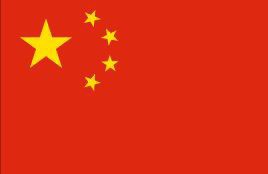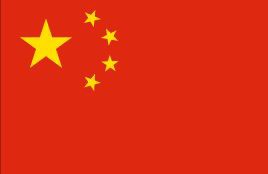 TSMC is set to invest US$15.8 billion in the Central Taiwan Science Park (CTSP).
TSMC is set to invest US$15.8 billion in the Central Taiwan Science Park (CTSP).
The outfit is set to start building its 18-inch wafer foundry in March which will apply the 10 nanometre manufacturing process with a target for mass production in 2017.
However the location of the plant, away from mainland China has raised an eyebrow or two.
Last year the BBC ran a yarn about how China’s labour unions were getting antsy at Apple’s broken promises on work conditions.
Apple’s response to the BBC’s report at the time was that it strongly disagreed: “We are aware of no other company doing as much as Apple to ensure fair and safe working conditions. We work with suppliers to address shortfalls, and we see continuous and significant improvement, but we know our work is never done.”
However, another news site in China is reporting that “in response to the growing criticism of Foxconn’s treatment of its employees, the company has invited its critics to visit its production bases to get a better understanding of its operations”. During the visit, the critics could also talk to the employees to hear their views,” Foxconn said.
But it is starting to look like another row is flaring up between Foxconn via the labour unions – this time it is about overtime. It seems that there has been a rash of suicides at its plant, and the unions are blaming them on the overtime.
So it does seem that Foxconn is avoiding any conflict with the Chinese unions getting in the way of its relationship with Apple by shifting its new plant to Taiwan.



















